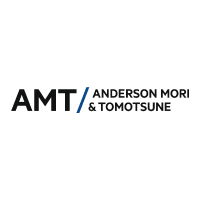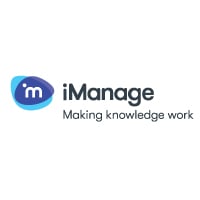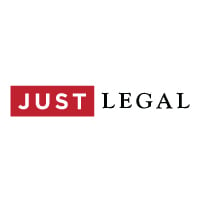

Japan legal director | Medtronic







Tomoaki Kuragano
Japan legal director | Medtronic
What are the most significant cases, projects and/or transactions that you and/or your legal team have recently been involved in?
Over the past year, one of the most critical and high-stakes matters we handled involved a business improvement order issued to Medtronic Japan by the Ministry of Health, Labour and Welfare (MHLW) concerning delayed reporting of adverse events related to overseas medical devices. Such orders are extremely rare in Japan’s medical device industry. While the initial and primary engagement with regulators was led by Quality Assurance and Regulatory Affairs (QARA), the Legal team was brought in upon receipt of a “Notice of Explanation Request.”
From that point onwards, we immediately mobilised. The Legal team played a central role in raising internal awareness, engaging an external law firm, and coordinating daily cross-functional meetings. I supported the drafting and submission of a comprehensive improvement plan, which was officially accepted by the MHLW in December. The plan emphasised strengthening the Regulatory Compliance Committee and positioned the Legal team in a supervisory role within that structure. The Ministry’s explicit recognition of the Legal team’s contribution affirmed our value in ensuring compliance and institutional resilience. Most recently, we successfully completed all corrective actions outlined in the plan.
How do you approach managing legal aspects during periods of instability or crisis to ensure the organisation’s resilience?
In times of crisis or regulatory uncertainty, my approach is grounded in rapid, clear communication and structured coordination. When faced with an unexpected investigation or compliance risk, I promptly escalate the issue internally, leveraging external counsel when needed to provide objective, worst-case risk scenarios. Establishing a core crisis response team becomes a priority—one that is agile, cross-functional, and structured for daily alignment.
I pay close attention to stakeholder mapping: distinguishing decision-makers from those needing situational awareness, and ensuring communication is continuous and purposeful. If existing frameworks are insufficient, I do not hesitate to build new, temporary structures to address the crisis effectively.
While academic frameworks encourage dismantling silos and promoting a matrix organisation, I see my role as in-house counsel to operationalise these ideals. Legal must act not only as a guardian but as an enabler of a resilient, adaptable organisation—strengthening governance, ensuring regulatory readiness, and enhancing decision-making under pressure.
Have you had any experiences during your career as a lawyer that stand out as particularly unique or interesting?
My legal philosophy centers on becoming a trusted and strategic business partner, grounded in a deep understanding of the healthcare industry. While working at an ophthalmic medical device manufacturer, I accompanied sales representatives on numerous hospital visits and earned certification as an ophthalmic MDIR (Medical Device Information Representative)—a designation typically held by sales representatives. I have also developed robust expertise across GXPs, privacy, and compliance. I hold instructor certification for Japan’s Fair Competition Code for medical devices and am a CIPP/E-certified privacy professional.
My book, Legal Practice for Medical Device Business, is widely regarded as a definitive guide in the field and is used as training material in leading companies. Colleagues often tell me that they learned not just legal practices but the business itself through my writing. I’ve also co-authored authoritative texts on pharmaceutical and medical device law, and collaborative R&D agreements. These efforts were recognised in 2024 when I was honored with the “Young Lawyer of the Year (In-House)” award at the ALB Japan Law Awards and received the JILA Inhouse Legal Award in the Healthcare category.
Looking forward, what trends do you foresee in the legal landscape over the next five to ten years that companies should prepare for?
There is no doubt that AI will reshape the legal landscape over the next decade. As a speaker at forums like the ALB Inhouse Legal Summit, I have emphasised two key dimensions of this shift.
First, legal teams will increasingly be called upon to support the development and deployment of AI-driven products and services. This demands a firm grasp of AI technologies, the concept of responsible AI, and mastery of applicable laws—including personal data protection and sector-specific regulations.
Second, generative AI tools such as ChatGPT, Copilot, and internal AI solutions offer an unprecedented opportunity to transform the way legal functions operate. If embraced with the right governance and training, these tools can dramatically enhance legal team productivity and elevate their strategic impact.
Both aspects present exciting opportunities for in-house counsel to contribute meaningfully to their organisations’ missions—and I view them not as threats, but as catalysts for positive change.
Japan legal director | Medtronic